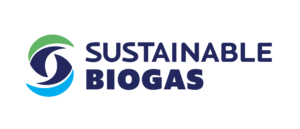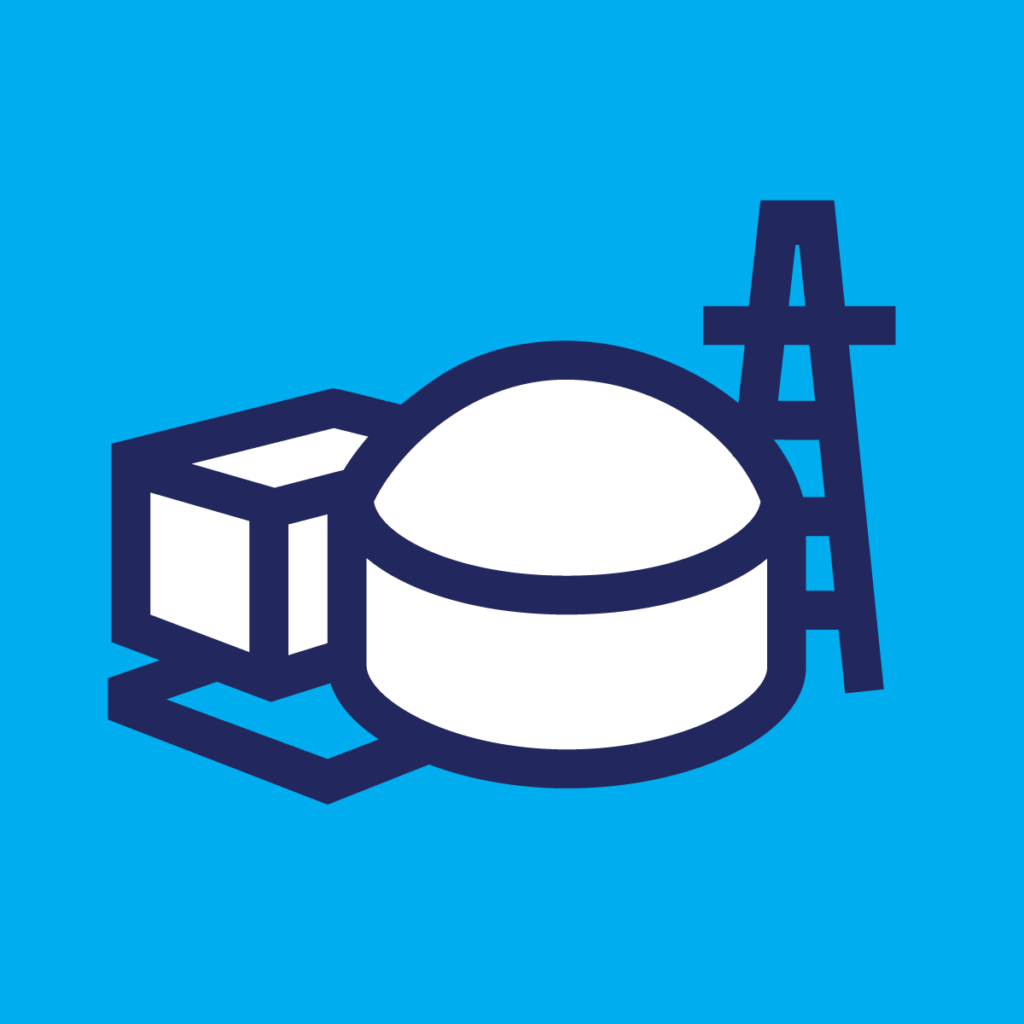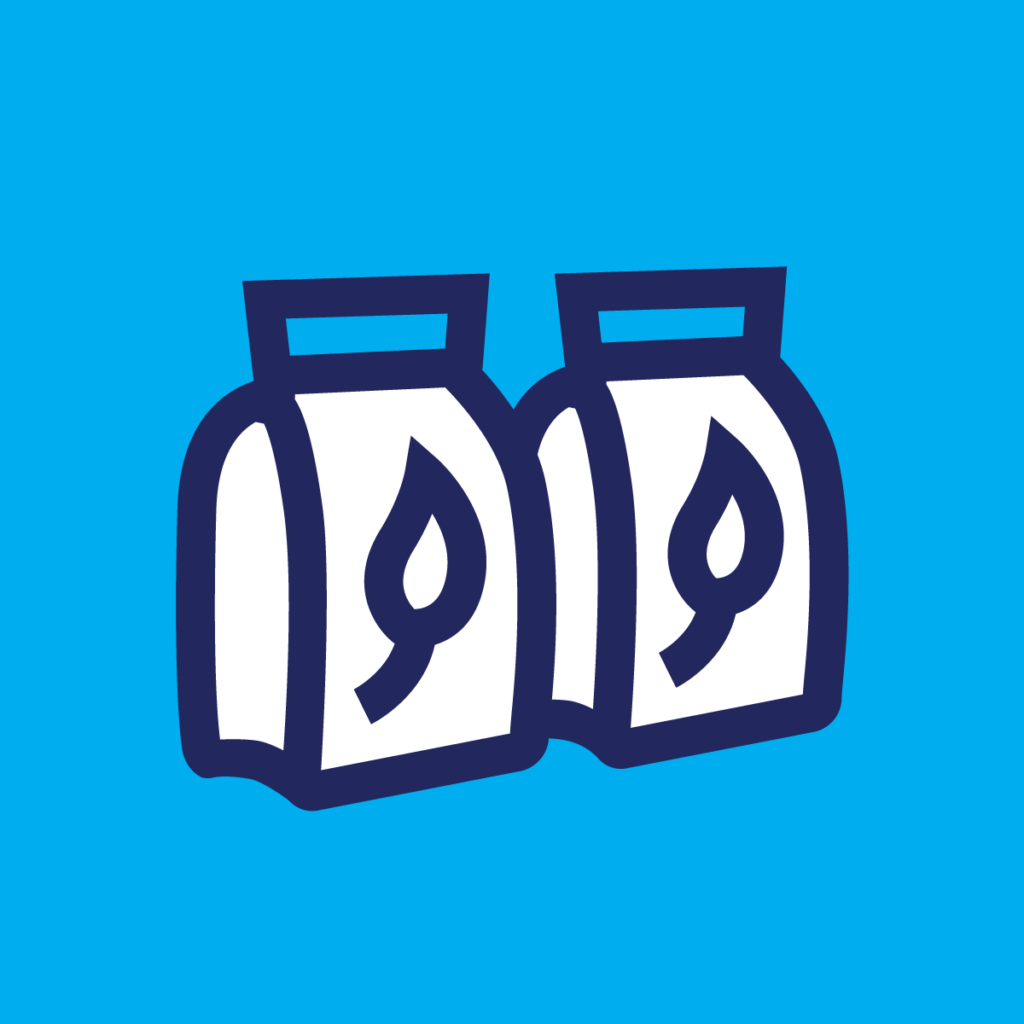About the project
About the project
The project will improve nutrient management in biogas production by developing
• Sustainable management practices in Southwest Finland, in Latvia’s Zemgale and in Åland Islands
• Quality systems for biogas digestate to support market creation in Finland and Latvia
• National strategies the for the management of wastewater-based biomasses
• National and BSR-wide policy recommendations



Sustainable Biogas has received EU-funding of 1.06 million euros from the Interreg Central Baltic Programme. The project will be implemented in 2020-2022.
Nutrient management at biogas plants
Latvian State Environmental Services
- Production of biogas at the biogas plants can be a significant source of nutrients to surrounding watercourses and environment if sustainable nutrient management is not taken into account in designing and operating the plants.
- The main aim of this work package is to reduce nutrient leakage to surrounding watercourses and environment by improving nutrient management at biogas plants and providing responsible institutions and biogas plant operators with a simple tool how to plan, permit, implement and oversee the biogas production process.
- The implementation of this work package will start with assessing the current practices used in nutrient management in biogas plants and the regulatory situation in case regions, taking also into account national legislation. At the same time, study visits to Sweden and Germany will be organised to learn best practices in forerunner countries.
- Based on the regional reports and compilation of best practices, the project consortium will develop draft development strategies for regional and national levels, focusing on instruments which can be used to influence nutrient management at the plants, namely environmental impact assessments, permitting and informational instruments. Finally, regulatory and management guidelines on sustainable biogas production and a policy brief for the Baltic Sea region will be produced.


Regional nutrient balances
Centre for Economic Development, Transport and the Environment for Southwest Finland
- Often, the aspect of producing nutrient-rich end-products is not considered when making decisions on the location of new biogas plants, or in the environmental impact assessments and permitting of the plants. That’s why we have a strong interest in producing policy-relevant results and the main aim of this work package is to reduce leakages of nutrients to water courses in the areas of biogas production.
- During the project, the project consortium will develop tools for nutrient management in three case regions: SW Finland, Zemgale in Latvia and Åland Islands.
- The measures to be developed include regional nutrient maps and nutrient management plans to guide practical decision-making on biogas plants so that nutrient management is considered in planning and permitting of the plants.
Markets for recycled nutrients
Suomen Biokerto & Biokaasu ry
- In order to unleash the full potential of growing biogas production, there is a need to establish well-functioning markets for recycled fertilizers and nutrients.
- This work package will tackle the issue by establishing quality systems for recycled fertilizer both in Latvia and Finland. These systems will ensure and certify for the end-user that the recycled fertilizers are safe to use, do not contain hazardous substances and have enough high-quality nutrients for the plants.
- Moreover, the work package will identify current and upcoming legislative and regulatory obstacles for the effective use of recycled nutrients in Latvia and Finland. To close the loop, national development plans will be developed to overcome the challenges and to take benefit of opportunities.


Usage and disposal possibilities for sewage-based biomasses
John Nurminen Foundation
- The objective of this work package is to find sustainable solutions for the challenge of usage and disposal of sewage based digestates and sludges.
- The project consortium will facilitate a stakeholder dialogue on the feasibility of alternative usage and disposal options and prepare scenarios for future usage and disposal of sewage-based biomasses in Finland and Latvia.
- Moreover, the project will increase understanding of the nutrient run-off from the use of sewage based digestates in greeneries by carrying out monitoring activities in SW Finland.
- The main outputs will include reports on Finland and Latvia, a cross-country comparison and a policy brief.
